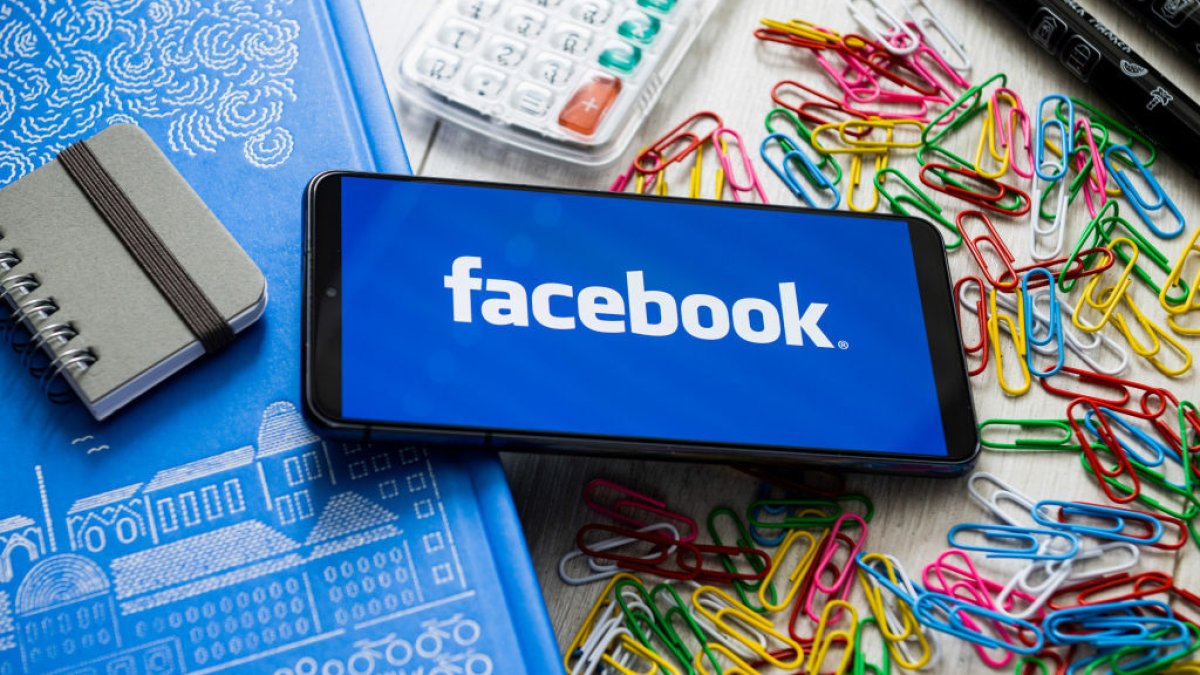Millions of Facebook users who had an account for the past 15 years are eligible to receive part of a million-dollar settlement payment following a lawsuit against the company.
Karen North, digital social media expert and professor at the University of Southern California (USC) explains that “what people don’t remember because it’s been a while is that it all came from the Cambridge problems Analytica from a few years ago. “.
This week’s announcement on how to recover part of the $725 million interim settlement follows a class action lawsuit alleging that Facebook allowed consulting firm Cambridge Analytica to access the private information of some 87 million users. of Facebook during former President Donald Trump’s campaign in 2016.
“The problem wasn’t just that Cambridge Analytica could infiltrate people’s Facebook pages and engage in what people described as election interference, they were basically posting what appeared to be news, but actually buying advertising space to do so,” said North, who is not a lawyer but has studied online security and data privacy for years.
“But the way they got the data was by requesting information through Facebook’s desire to provide access primarily to people in universities. So Cambridge Analytica had access to people’s information about their data, saying they were investigating when in fact they were using it to send messages,” North explained.
The latest settlement announcement shows in part how “they are resolving this by saying that Facebook has violated the User Agreement and therefore its users have the right to demand money as compensation for damages.”
Why is personal data so important?
Many people use social media apps daily without thinking about the information they share online. But when something is published, it becomes information or data that is publicly accessible or must be private, according to the agreement that the user accepts while using this platform.
Today, data is an important piece of technology that businesses around the world use like commodities that can be bought or sold.
“Many people these days don’t even care about privacy, but those of us who are experienced in the field are very, very concerned about the collection and use of data that should be private data,” North said.
So why was it so important to go public with the Cambridge Analytica data sharing issue?
North explained that “Cambridge Analytica’s issue with Facebook was a very notable example of how private information was knowingly shared with the company. Facebook shared the information. It’s not that they were hacked.”
In fact, “this was data that should have been private,” North said.
But this is just one case of data privacy breach that worries experts around the world. According to North, “Facebook is such a big company, it’s such a pervasive and well-known company, that when it does something wrong, it allows everyone to learn from their mistakes, so it’s an example that we the public should learn because our data may not be as secure as we thought.
Additionally, “companies are now learning that if they neglect to protect our private information, they may end up paying the price,” he added.
How to protect your data?
For the social media expert, everyone who uses social media should be aware that when people use digital platforms or applications, “we have often given up our right to our own privacy or our own name, image and resemblance, because we do not all contractual agreements are not read.
Furthermore, he warned that “one thing that is really important to recognize is that when we download or use an application or platform hosted in another country, we must recognize that ‘your country, your rules’. When we’re dealing with a system that’s in another country, it’s probably subject to the rules of that country, not necessarily our country.”
Although this is a different case, it is the current controversy with TikTok in the United States. “It has to do with the fact that data privacy laws are different from country to country,” North explained.
He finally said that each person must “take some responsibility as an individual” and that as a country, stricter data privacy rules are needed.

